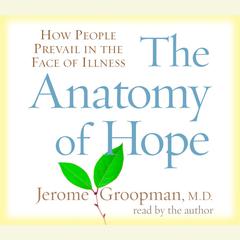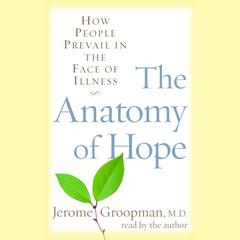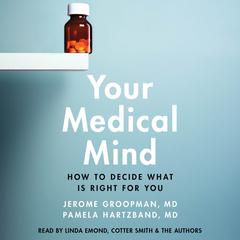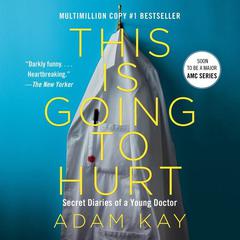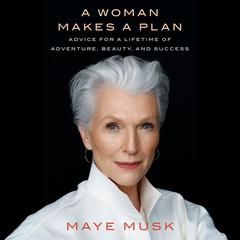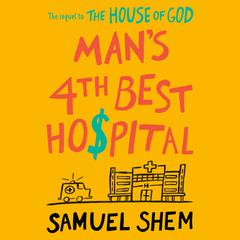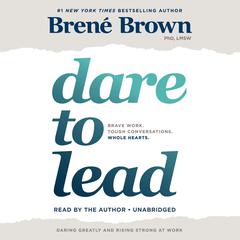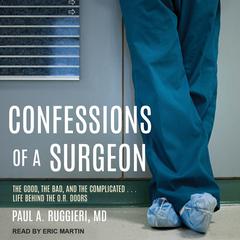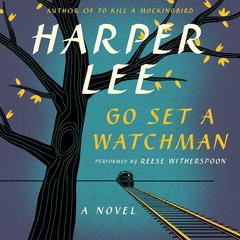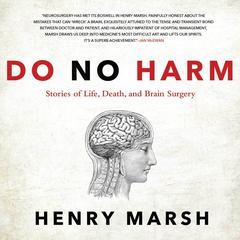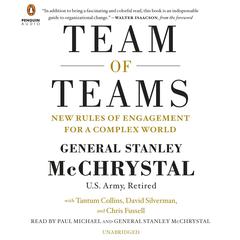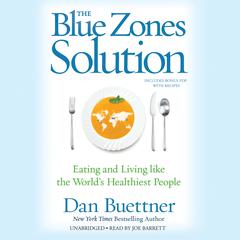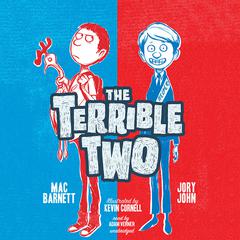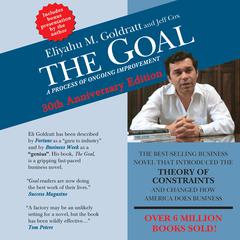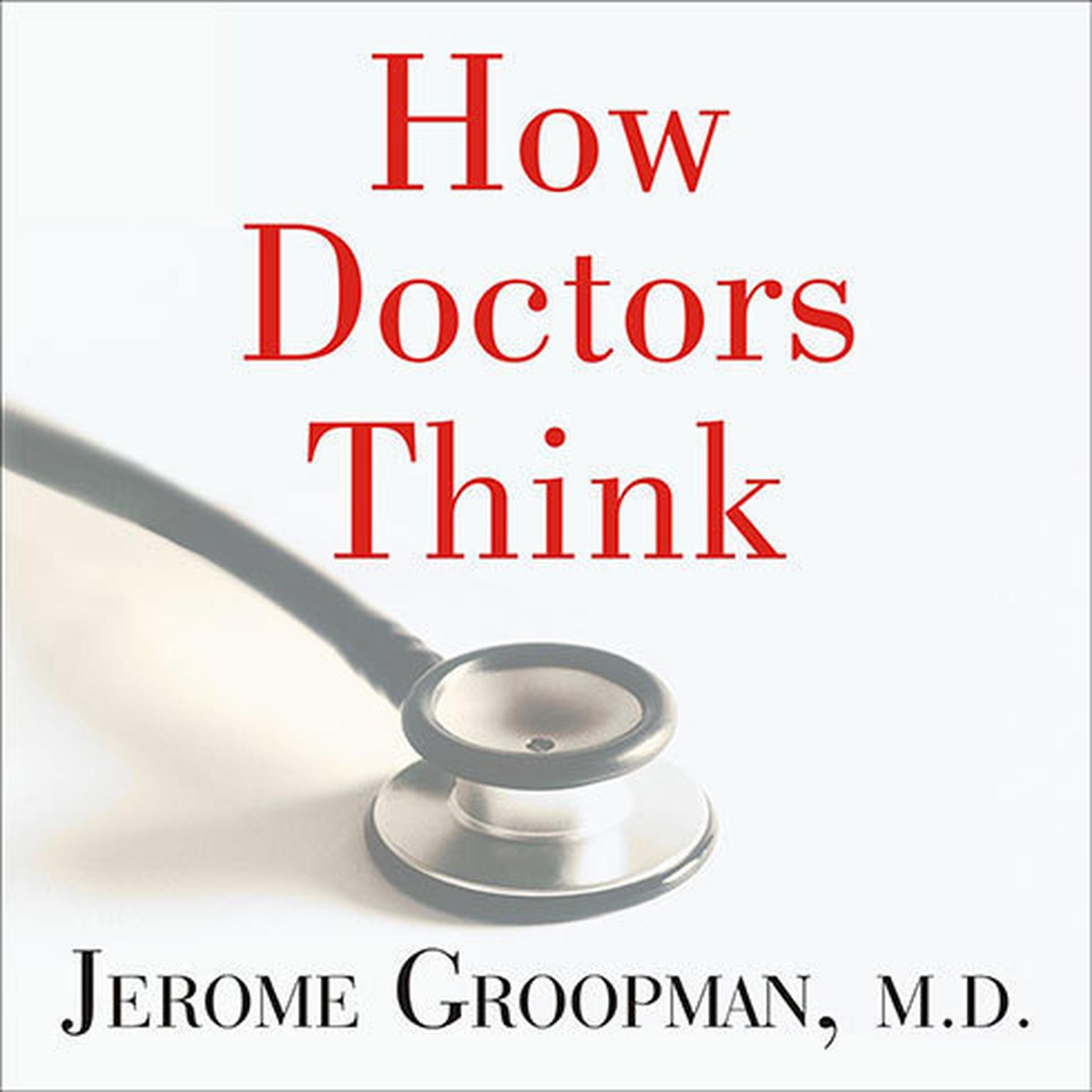 Play Audiobook Sample
Play Audiobook Sample
How Doctors Think Audiobook
 Play Audiobook Sample
Play Audiobook Sample
Quick Stats About this Audiobook
Total Audiobook Chapters:
Longest Chapter Length:
Shortest Chapter Length:
Average Chapter Length:
Audiobooks by this Author:
Publisher Description
A New Yorker staff writer, bestselling author, and professor at Harvard Medical School unravels the mystery of how doctors figure out the best treatments—or fail to do so. This book describes the warning signs of flawed medical thinking and offers intelligent questions patients can ask.
On average, a physician will interrupt a patient describing her symptoms within eighteen seconds. In that short time, many doctors decide on the likely diagnosis and best treatment. Often, decisions made this way are correct, but at crucial moments they can also be wrong—with catastrophic consequences. In this myth-shattering book, Jerome Groopman pinpoints the forces and thought processes behind the decisions doctors make. He explores why doctors err and shows when and how they can— with our help—avoid snap judgments, embrace uncertainty, communicate effectively, and deploy other skills that can have a profound impact on our health. This book is the first to describe in detail the warning signs of erroneous medical thinking, offering direct, intelligent questions patients can ask their doctors to help them get back on track.
Groopman draws on a wealth of research, extensive interviews with some of the country's best physicians, and his own experiences as a doctor and as a patient. He has learned many of the lessons in this book the hard way, from his own mistakes and from errors his doctors made in treating his own debilitating medical problems.
How Doctors Think reveals a profound new view of twenty-first-century medical practice, giving doctors and patients the vital information they need to make better judgments together.
Download and start listening now!
"I have enjoyed all of Groopman's books. Each is well written, interesting, and thought provoking. This book would be particularly interesting to anyone who has or has had much experience with illness and/or medicine. It also has some interesting insights into the psychology of decision making and problem solving."
— Jenny (4 out of 5 stars)
Quotes
-
“Splendid and courageous…Groopman lifts the veil on the most taboo topic…the pervasive nature of misdiagnosis.”
— Ron Chernow, New York Times bestselling author of Alexander Hamilton -
“A sage, humane prescription for medical practitioners and the people who depend of them.”
— O, The Oprah Magazine -
“A cogent analysis of all the wrong ways his fellow practitioners are trained to approach the patients they treat.”
— Elle -
Direct and honest...Groopman [is] at the peak of his form, as a physician and as a writer.
— The New York Times
How Doctors Think Listener Reviews
-
" Great book! Very well written and informative for patients and health care providers. Amazing to see how top physicians use critical thinking to solve complex cases and how regular moms follow their gut to help save their children. "
— Kelly, 2/20/2014 -
" This book was very interesting. It just re-affirms my position: when in doubt about a diagnosis, or if you don't particularly like the doctor you are dealing with, always get a second opinion. Not all doctors are created equal. "
— Maureen, 2/20/2014 -
" This was interesting. The last chapter of questions that patients can ask their doctors to help them avoid cognitive errors is especially helpful. "
— Karyn, 2/19/2014 -
" nonfiction about how doctors diagnose with advice to patients about how to discuss things with your doctor. very intersting. "
— Kate, 2/16/2014 -
" This book is a must-read for anyone personally dealing with a serious medical issue, or supporting a friend or family member through a medical dilemma. "
— Shaney, 2/9/2014 -
" I loved this book. I stumbled upon it by accident at the med school where I work. It is very interesting and I think anybody who has ever been a patient or will be a patient someday should read it. It makes you want to be a better patient and to select only the best physicians. "
— Kristi, 2/9/2014 -
" It was informative but got a bit tendentious at times. "
— Alanna, 2/1/2014 -
" Interesting book, really great for the average person in thinking about how to work with their docs, and a good reminder for docs on their common cognitive errors. Could have been made shorter, but still a quick read full of anecdotes. "
— shaw, 1/15/2014 -
" A great reminder to keep your thinking broad and to remain cognizant of potential cognitive errors. "
— Kristen, 1/1/2014 -
" I really liked this book. Read it awhile ago, think its time for a re read "
— Nate, 11/28/2013 -
" I have not yet read this, but I have heard that it is very good. "
— Fred, 11/26/2013 -
" Great book on how doctors think, even if the personal anecdotes may have created a bit of bias. "
— David, 11/24/2013 -
" I needed this book to "speak" my doctors language. Once I learned more about their learning process, I was able to documents my health issues more accurately. My overall health improved b/c my doctor could "see" my heath progression. "
— Maura, 11/21/2013 -
" Not bad. I'd read a lot of the essays in the New Yorker previously. I would have rated it a 4, but at times it got a little too "Things were better back in the old days" for me. "
— Carrie, 11/19/2013 -
" Didn't provide much more insight over and above what one might consider, such as human frailties, lack of focus, and assumptions, things that all humans suffer from. "
— Monica, 10/1/2013 -
" Some very practical insights on how doctors are trained and how they navigate a high-stakes profession characterized by uncertainty. Some of the insights are drawn on behavioral economics and other literature on cognitive flaws, but overall very interesting read. "
— Aaron, 3/16/2013 -
" New perspective! "
— Sintaria, 2/25/2013 -
" An interesting look at how cognitive errors and Bayesian logic can change the way doctors diagnose their patients. "
— Deborah, 12/11/2012 -
" Interesting but overrated. "
— Arpan, 9/17/2012 -
" I found this book enlightening. I believe anyone who has ever been or will at one time be a patient should read it. It can serve as both a warning and a guide to making the most of one's visits to the doctor. "
— Carlos, 4/24/2012 -
" This is a fascinating look at the human side of the clinician - and the ways in which they think and feel about their patients. Reassuring to those who fear that docs are all totally "burned out". "
— Sylvia, 4/21/2012 -
" Any veterinarian would probably get alot out of this book "
— Jon, 12/18/2011 -
" I was extremely diappointed. This book was merely a series of anecdotes strung together. "
— Josie, 12/13/2011 -
" Mostly written for people that are not in the medical field. "
— Maribel, 10/9/2011 -
" Everybody who wants to be an informed patient should read this book. As always, Groopman writes lucidly, economically and engagingly about the cognitive errors we all fall into--and why they may be especially relevant--and dangerous--in doctors' thinking. Fascinating. "
— Liza, 10/6/2011 -
" Yes, the title is hokey. The book is great. It is really just an insightful book about how all of us think. How we assume. How we come to conclusions. Even if you have zero interest in medicine it is a really interesting book and very well-written. "
— Ashland, 5/18/2011 -
" This was interesting. The last chapter of questions that patients can ask their doctors to help them avoid cognitive errors is especially helpful. "
— Karyn, 4/26/2011 -
" A good book looking at how doctors are trained and why they think the way they do. Also explores reasons why doctors may misdiagnose people. It is written for the lay person but as a medical student I found it very fascinating. "
— Marc, 4/18/2011 -
" Helpful book not only because I'm starting medical school this year. It guides patients on how to help our doctors get to the right answer so that we receive the best care. Great book for everyone to read to get insight about what actually goes on in doctor's minds... "
— Donna, 4/12/2011 -
" Unfortunately I had to take this back to the library with an hour or so left of reading to do. But it was interesting enough that I'd go get it again. "
— Christie, 4/10/2011 -
" Good book. Made me aware of some things to look out for but I think he made looking for zebras seem like it is more common than it really is. "
— Justin, 4/10/2011 -
" An interesting book to read, it will definitely make me a better patient. "
— Megdalynn, 4/2/2011 -
" Good book. Nothing life-changing, but worth reading once if you are heading into the medical field or are a patient with some serious illness or something of that nature. "
— Justin, 3/15/2011 -
" The author's dissection of the decision making processes of various medical specialists makes the reader wary of chances of finding a physician whose primary influences are humanitarian. Interesting if not somewhat alarming. "
— Doris, 3/9/2011 -
" Really only for those interested in medicine. I think it was important for me while I was applying to med schools to reassure myself of the mindset I wanted. Outside of that it is a fairly bland read "
— Patrick, 3/3/2011
About the Authors
Jerome Groopman, MD, holds the Dina and Raphael Recanti Chair of Medicine at Harvard Medical School and is chief of experimental medicine at Beth Israel Deaconess Medical Center in Boston. His previous books include the New York Times bestseller The Anatomy of Hope, Second Opinions, and The Measure of Our Days. He is a staff writer at The New Yorker.
About Michael Prichard
Michael Prichard is a Los Angeles-based actor who has played several thousand characters during his career, over one hundred of them in theater and film. He is primarily heard as an audiobook narrator, having recorded well over five hundred full-length books. His numerous awards and accolades include an Audie Award for Tears in the Darkness by Michael Norman and Elizabeth M. Norman and six AudioFile Earphones Awards. He was named a Top Ten Golden Voice by SmartMoney magazine. He holds an MFA in theater from the University of Southern California.




